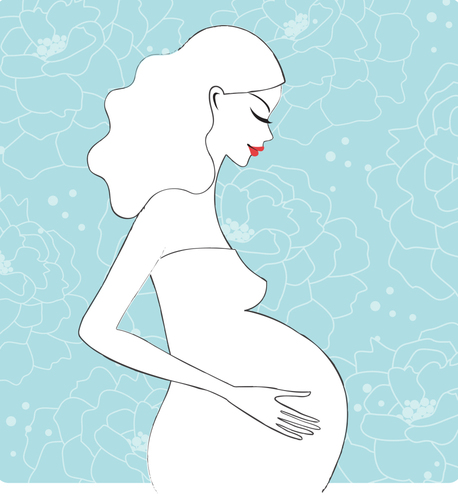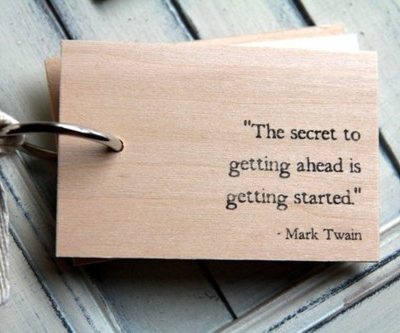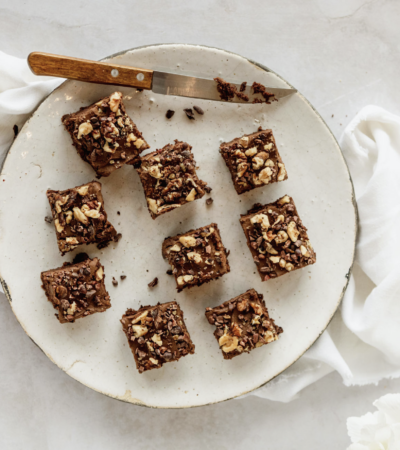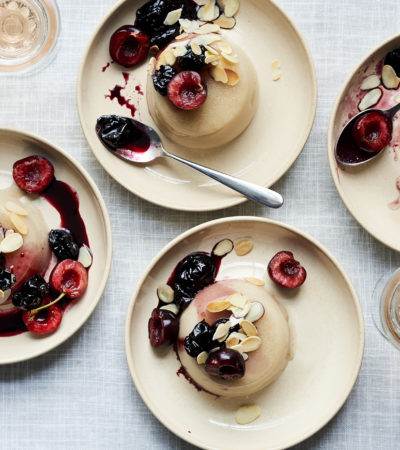Five Food Facts For Fertility
Extracted from Getting Pregnant Faster by Marilyn Glenville (Kyle Books)
Water
Water intake is essential for hormonal balance. Water also provides the means for nutrients to travel to all your organs, including your reproductive organs. Experiment with herbal teas to up your water uptake. Good ones to try are peppermint, chamomile and fennel.
Zinc
A deficiency in zinc can lead to reduced fertility, hormone imbalance and an increased risk of miscarriage. For fertility boosting, Marilyn recommends couples take 30mg of zinc a day.
Essential Fatty Acids
Essential fats found in oily fish, nuts and seeds have a profound effect on every system of the body, including the reproductive system and they are crucial for healthy hormone functioning. For men essential fatty acid supplementation is important because the semen is rich in prostaglandins, which are produced from these fats. Men with poor sperm quality, abnormal sperm, poor motility or low count, can have inadequate of these beneficial prostaglandins.
Vitamin E
Studies have shown that giving Vitamin E to both partners can result in significant increases in fertility. Vitamin E is another powerful antioxidant and has been shown to increase fertility when given to both men and women. With men, vitamin E helps to increase fertilisation rate. If a woman over the age of 35 is told that her fertility problems are caused by her age, then it is likely that she could benefit from taking both vitamins E and C. These antioxidants have been shown to significantly reduce age-related ovulation decline.
Vitamin C
Vitamin C is also an antioxidant, and studies show that vitamin C enhances sperm quality and also seems to stop the sperm from clumping together (agglutination) making them more motile. One study has shown that women taking the drug clomiphene to stimulate ovulation will have a better chance of ovulating if vitamin C is taken alongside the drug.













